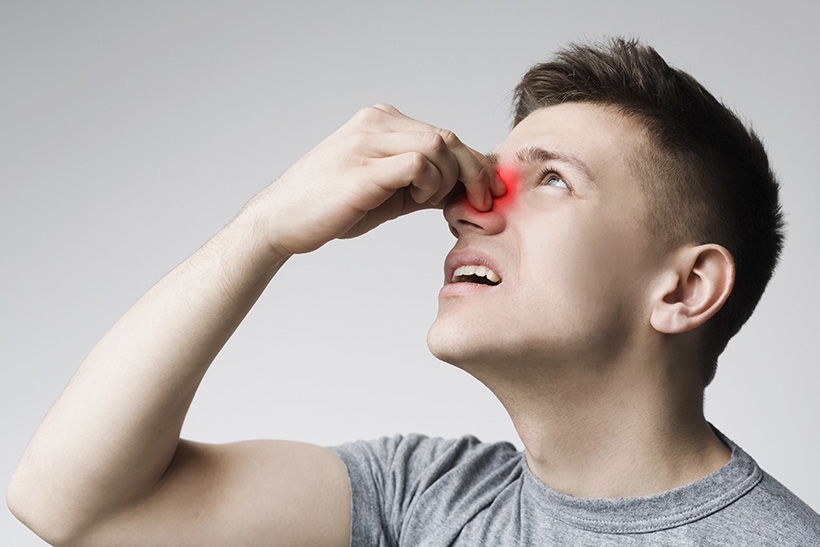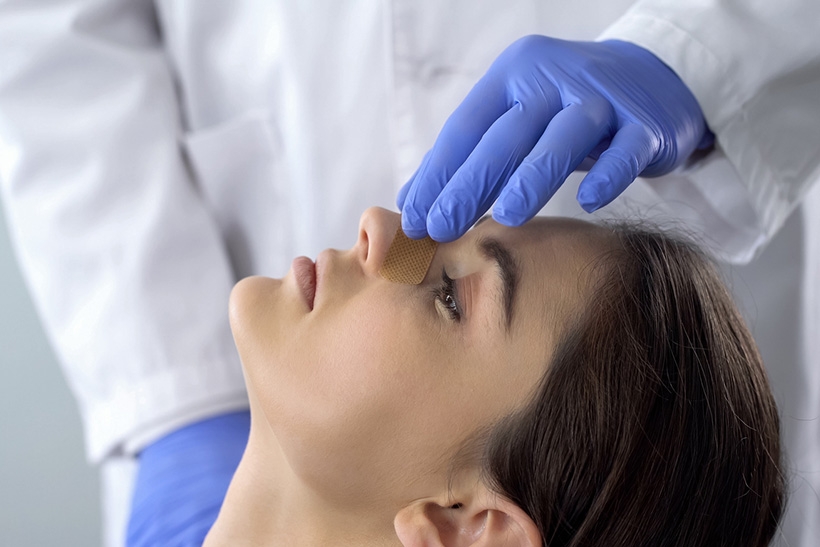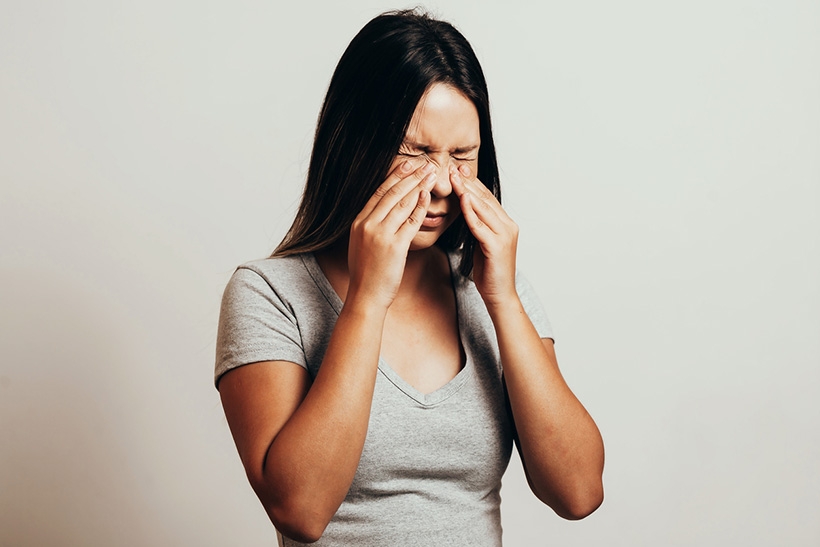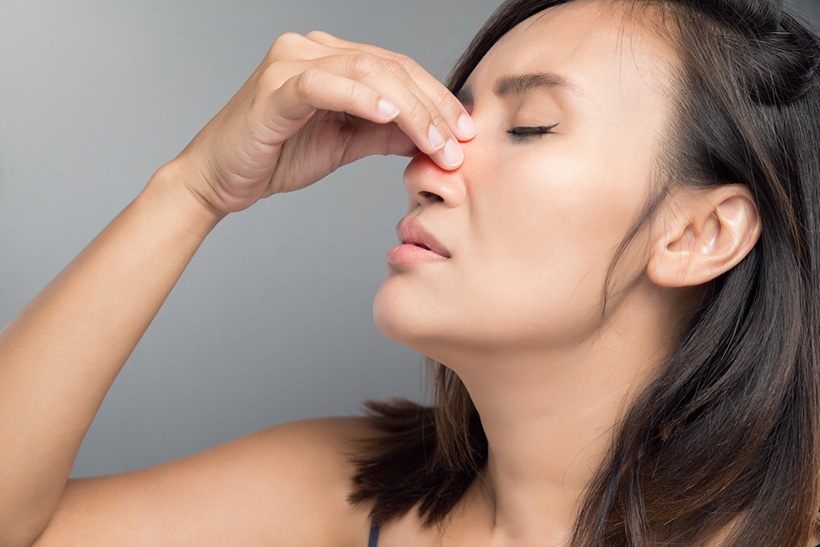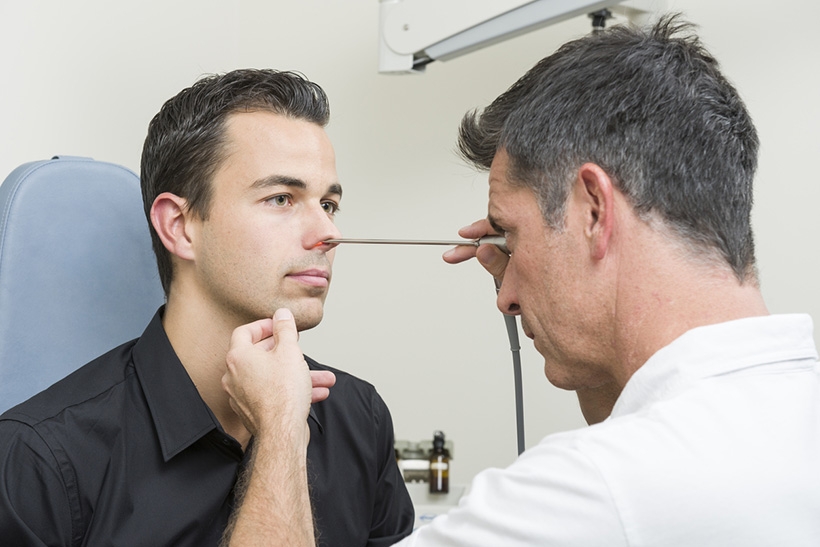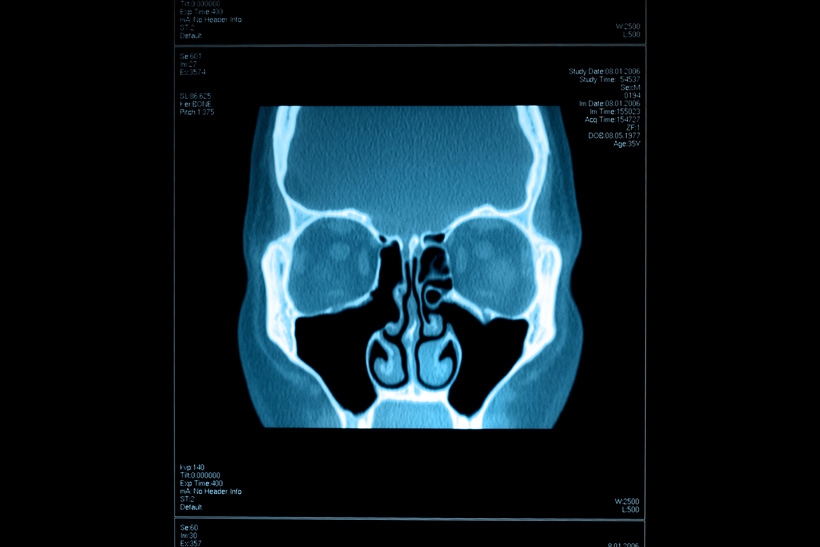Why Do I Keep Getting Sinus Infections?
Nearly 29 million adults in the United States are diagnosed with chronic sinusitis, which are infections that can make you feel pretty miserable when they’re in full swing. Here, we explore some of the reasons behind chronic sinusitis


